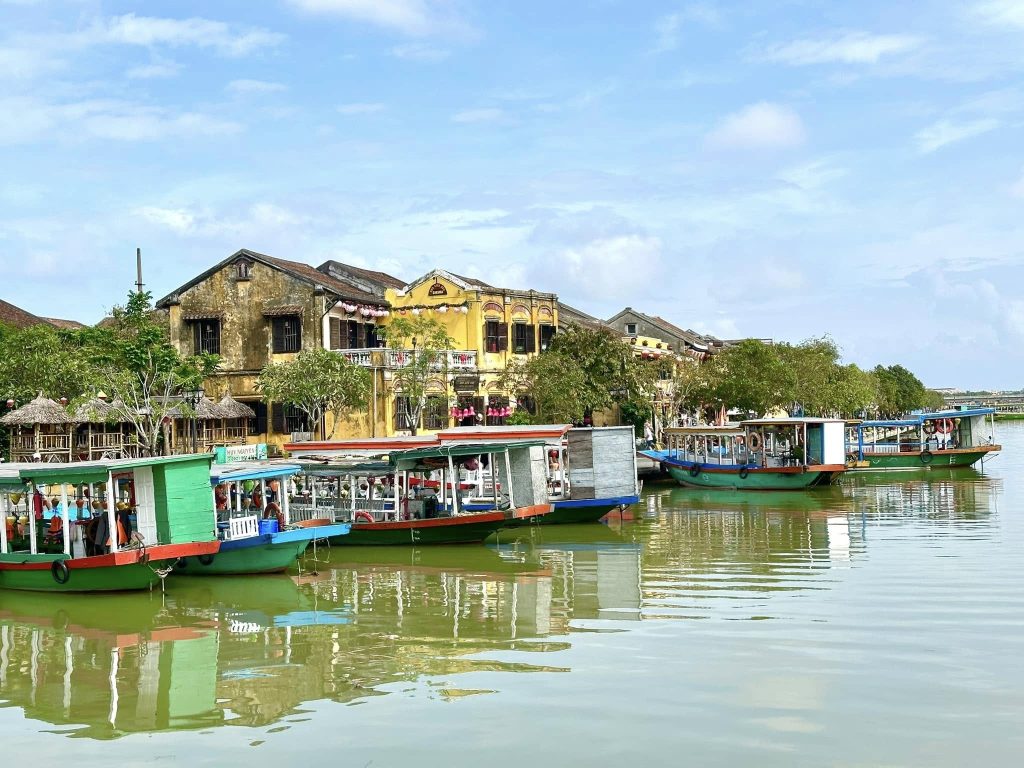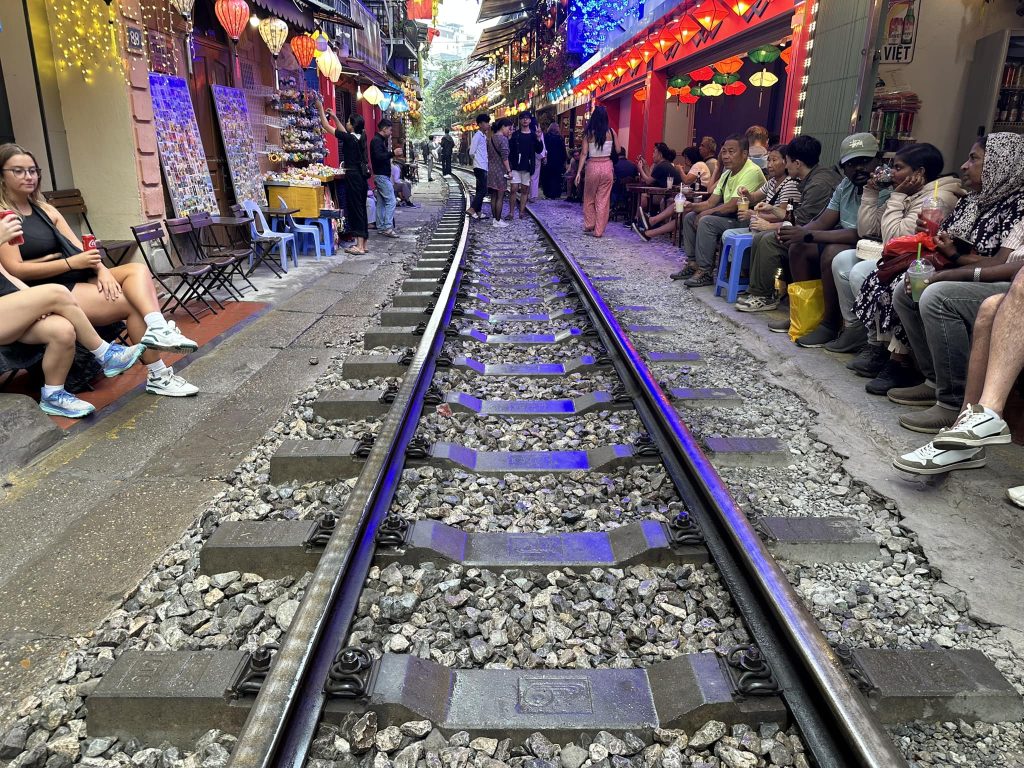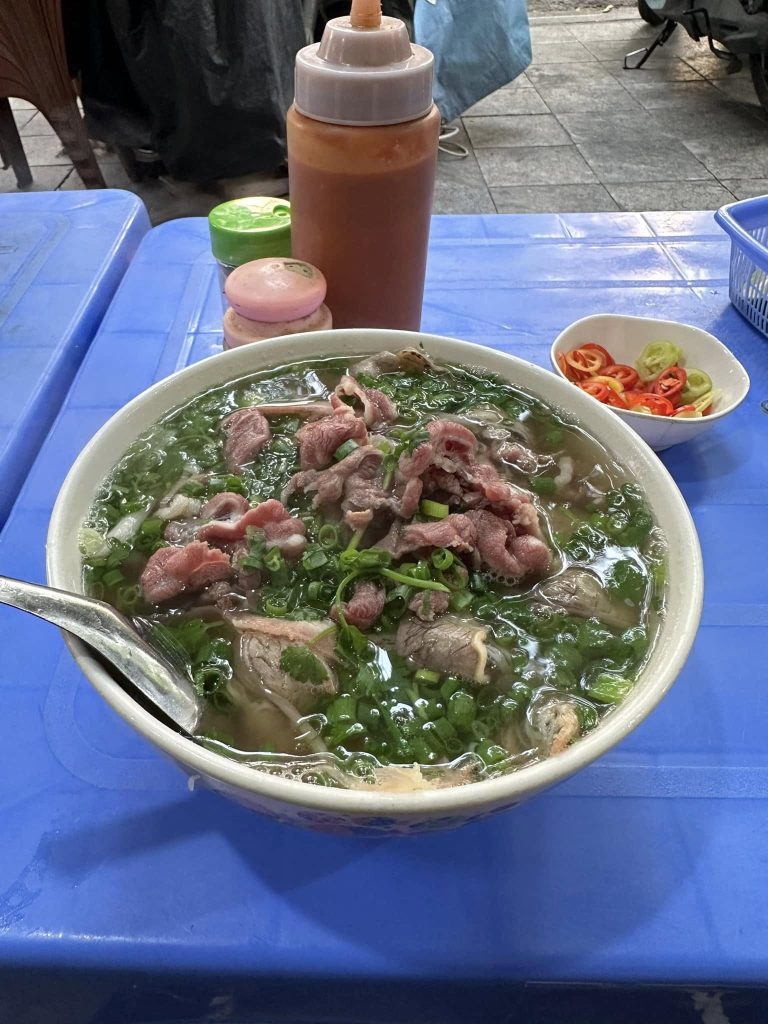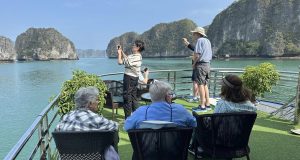Is it safe to travel to Vietnam in 2025? Absolutely—Vietnam remains a safe, welcoming destination with low crime, friendly locals, and stable conditions.
Vietnam has long been a favorite destination for American travelers seeking a mix of breathtaking scenery, fascinating history, and mouthwatering cuisine. But as with any international trip, safety is always a top concern. If you’re planning a journey this year, you may be wondering: Is it safe to travel to Vietnam in 2025?
The good news is that Vietnam continues to be regarded as one of the safest countries in Southeast Asia for foreign visitors. With low levels of violent crime, political stability, and welcoming locals, millions of international travelers—including Americans—explore the country every year without incident. That said, like any destination, it comes with challenges that are best handled with awareness and preparation. Let’s dive into a full overview of safety in Vietnam for 2025.

Overall Safety: Vietnam Is a Secure Destination
Compared to many global destinations, Vietnam offers a relatively safe environment for travelers. Violent crime is rare, especially against tourists. Most issues that visitors encounter are non-violent in nature, such as petty theft or scams, which can often be avoided with a little caution.
From bustling cities like Hanoi and Ho Chi Minh City to coastal getaways such as Da Nang or Nha Trang, foreign travelers can generally walk around safely—day and night—if they take standard precautions. Solo female travelers, backpackers, and families alike find Vietnam to be a safe and welcoming place.
Common Safety Concerns in Vietnam

1. Petty Theft
Pickpocketing, bag snatching, and opportunistic theft are the most common problems for tourists in Vietnam. Busy places such as markets, bus stations, and nightlife districts are hotspots. Ho Chi Minh City, in particular, is known for motorbike snatch-and-grab incidents where thieves target phones or bags.
Tip: Use a cross-body bag, keep your phone secure, and avoid carrying valuables in open view.
2. Tourist Scams
Vietnam’s thriving tourism industry attracts scammers looking for easy profits. Common scams include:
- Taxi drivers taking longer routes or inflating fares.
- Motorbike rental shops charging for pre-existing damage.
- Tour operators selling cheap but low-quality tours.
Tip: Use ride-hailing apps like Grab, book tours with well-reviewed operators, and take photos of rental vehicles before using them.
3. Traffic and Road Safety
Vietnam’s roads are notoriously chaotic. Motorbikes dominate traffic, and crossing the street can feel like a real-life video game. Road accidents are the leading cause of injury for tourists.
Tip: If you’re not experienced with scooters, avoid driving yourself. Use GrabBike, taxis, or private drivers instead. Cross streets slowly and confidently—traffic will flow around you.
4. Health and Food Safety

Food is one of Vietnam’s greatest joys, but newcomers may worry about hygiene. Street food is generally safe, especially from busy vendors, but tap water is not safe to drink. Bottled water is widely available.
Healthcare quality varies—major cities like Hanoi and Ho Chi Minh City have international-standard hospitals, but rural areas have limited facilities.
Tip: Stick to bottled water, choose popular food stalls with high turnover, and carry basic medications. Comprehensive travel insurance is highly recommended.
5. Weather and Natural Risks
Vietnam’s climate is diverse, and weather can pose risks:
- Typhoon season (June–November) in central Vietnam can bring heavy rains, flooding, and travel disruptions.
- Heat and humidity can be intense in the south, requiring hydration and sun protection.
Tip: Always check weather forecasts before traveling and be flexible with your itinerary.
Health and Travel Updates in 2025
- Vaccinations: No mandatory vaccines are required for Americans visiting Vietnam in 2025. However, the CDC recommends being up to date on Hepatitis A, Typhoid, and routine immunizations.
- Healthcare Access: Major cities offer good medical care, but rural regions may lack facilities. English-speaking doctors are available in international hospitals.
- Travel Insurance: Essential. It covers medical emergencies, flight delays, lost luggage, and even unexpected cancellations.
Safety Tips for Americans Traveling to Vietnam in 2025
- Stay Connected: Download offline maps and use apps like Grab for safe transport.
- Carry Limited Cash: ATMs are easy to find, so avoid carrying large sums of money.
- Be Street Smart: Don’t flaunt jewelry or gadgets; keep your belongings close.
- Drink Responsibly: Nightlife areas in Ho Chi Minh City and Hanoi are fun but watch your drinks to avoid spiking.
- Stay Alert at ATMs: Use machines inside banks or shopping centers.
- Know Emergency Numbers: 113 (police), 115 (ambulance).
- Register with STEP: U.S. citizens should sign up for the Smart Traveler Enrollment Program (STEP) for safety alerts and embassy assistance.
Why Vietnam Feels Safe Compared to Other Destinations
Many travelers report that Vietnam feels safer than some Western cities when it comes to violent crime. The hospitality of the locals is a major highlight—Vietnamese people are warm, curious, and often eager to help. Solo travelers, especially women, frequently describe positive experiences.
The key challenges—petty theft, scams, and traffic—are manageable with preparation. When compared to global travel destinations, Vietnam’s risks are relatively minor, making it a very attractive option for both first-time and seasoned travelers.
Final Answer: Is It Safe to Travel to Vietnam in 2025?
Yes, it is safe to travel to Vietnam in 2025. The country continues to welcome millions of international visitors each year with few serious safety concerns. Violent crime is rare, the political climate is stable, and the biggest risks—like scams or chaotic traffic—can be avoided with common-sense precautions.
For Americans planning a trip, Vietnam offers a safe, exciting, and unforgettable experience. With a little awareness and preparation, you can fully enjoy everything from the limestone karsts of Ha Long Bay to the coffee culture of Hanoi, the beaches of Da Nang, and the vibrant street food of Ho Chi Minh City.
Quick Safety Checklist for 2025
- Apply for an e-Visa before arrival (Americans need a visa for Vietnam)
- Keep valuables secure in crowded places.
- Use Grab or reputable taxis for transport.
- Drink bottled water, not tap water.
- Stay alert during typhoon season.
- Carry travel insurance at all times.
Final Travel Tip
So if you’ve been wondering, “Is it safe to travel to Vietnam in 2025?”—rest assured. With low violent crime, welcoming locals, and stunning destinations, Vietnam remains one of Asia’s safest and most rewarding countries to explore. Pack wisely, travel smart, and let Vietnam surprise you with its beauty and hospitality.
 Vietnam Travel Guide Backpacking and Individual Travel Blog
Vietnam Travel Guide Backpacking and Individual Travel Blog






